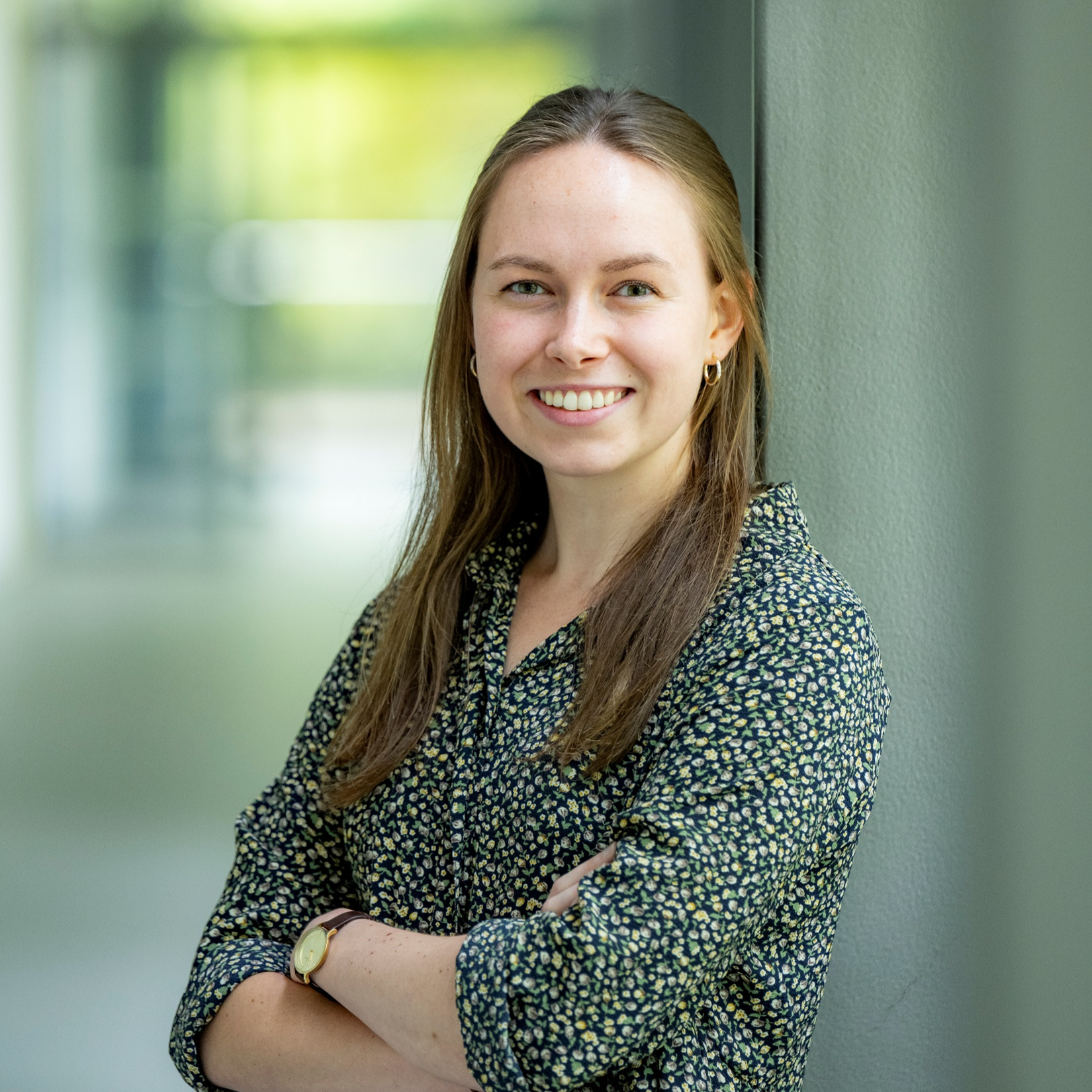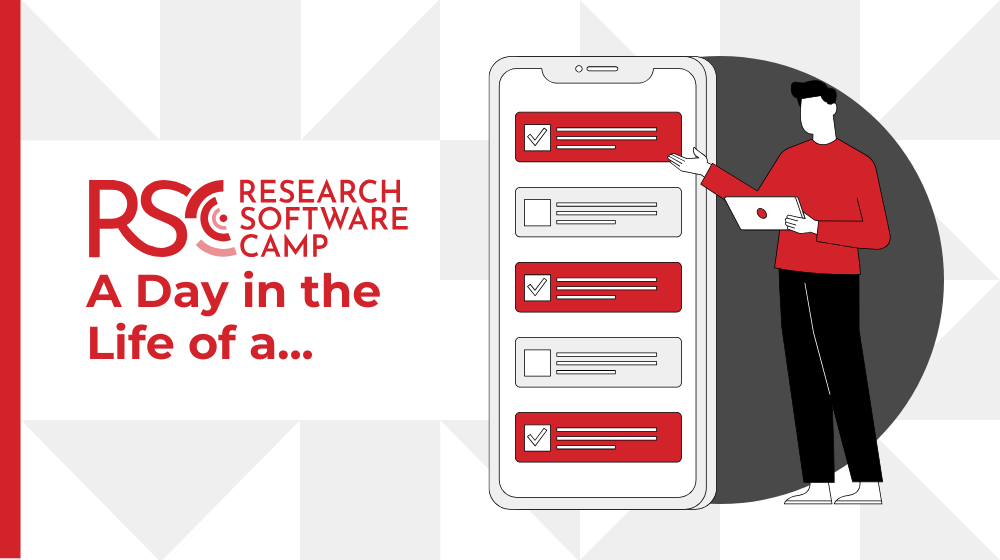As part of the Research Software Camps: Digital Skills for Research Technical Staff, we collaborated with professionals in their field to create a new series titled "A Day in the Life of a...". This series aims to highlight the responsibilities of these roles and provide insight into their daily activities. In this article by Philly Broadbent (Research Software Engineer, University of Southampton), we learn more about what a day in the life of an RSE looks like.
How would you describe your role to others?
I usually say that I develop software to support academic research, and I also teach researchers basic programming skills.
Talk us through a normal day as a Research Software Engineer (RSE)
I usually start my day by catching up on Slack messages and emails, flagging anything urgent. I check my to-do list and add any new tasks from emails or ongoing projects - I’ve been using Todoist for a few years now, and it really helps me stay on top of things. Next, I look over my calendar to see what meetings or training sessions I have coming up. At 10 am, the Southampton Research Software Group (SRSG) has a quick stand-up meeting. It’s a chance for each of us to share our plans for the day and ask for any advice.
After that, my mornings can go in a few directions. Sometimes, I’m working on a research software project, writing code to support different departments around the university. As the training lead for the SRSG, I might also be organizing an upcoming training session for a Doctoral Training Centre. Other times, I deliver the training myself, like teaching our beginner’s R course. Teaching is one of my favourite parts of the job, it’s really rewarding to see people build confidence in programming.
At lunchtime, I make it a point to get away from my desk. I usually take my whippet, Ronnie, out for a walk, which is a nice break from screens. Then I grab some lunch and get a post-lunch coffee before jumping back into work. My lunch break doesn’t always happen at the same time, it depends on my schedule, so I take it when I can find a natural pause, either between meetings or after finishing a task.
After lunch, I take another look at my to-do list, adjust priorities if I need to, and see what’s left on my calendar. Afternoons in this role can look totally different each day. For example, I might be diving back into tasks for a research software project - as well as directly writing code, this could also include working on software documentation, updating project boards, or testing code to make sure everything’s running smoothly. Alternatively, sometimes I’ll be planning future training sessions, handling logistics, or delivering training.
I aim to finish by 5 p.m., although I sometimes work a bit later if there’s a deadline or a bug that I’m determined to solve. At the end of the day, I check any last messages, update project boards with whatever I’ve worked on, and plan out my tasks for the next day. This way, I can jump right in the next morning with a clear idea of what’s next.
What do you enjoy the most about your job?
I enjoy meeting researchers from all areas of the university and learning a little about their field of expertise while working on the software project.
I also enjoy the technical side of things—constantly learning new programming languages, tools, and frameworks. Our team is super supportive, and it’s great to work with people who are open to sharing ideas and helping each other.
Knowing that my work directly helps researchers do their work better and faster is also really satisfying. It’s nice to feel like what I’m doing has a positive impact on the research community.
What is the hardest part of your job?
One of the tough parts of being an RSE is that you often need to jump into projects outside your area of expertise. Working across different disciplines and technologies can be a challenge because it means constant learning. Research software requirements can also be a bit of a moving target. They can change as the project develops, which means you must be flexible and ready to adapt.
What are some of your hobbies/extracurricular activities?
Outside work, I play badminton for a local club. It’s a sport I’ve played since I was young, and it’s a great way to get some exercise, enjoy some competition, and socialise. I also enjoy playing the piano and clarinet. I find that music gives me a creative outlet and a nice change from the technical work I do during the day, helping me to unwind and recharge.


